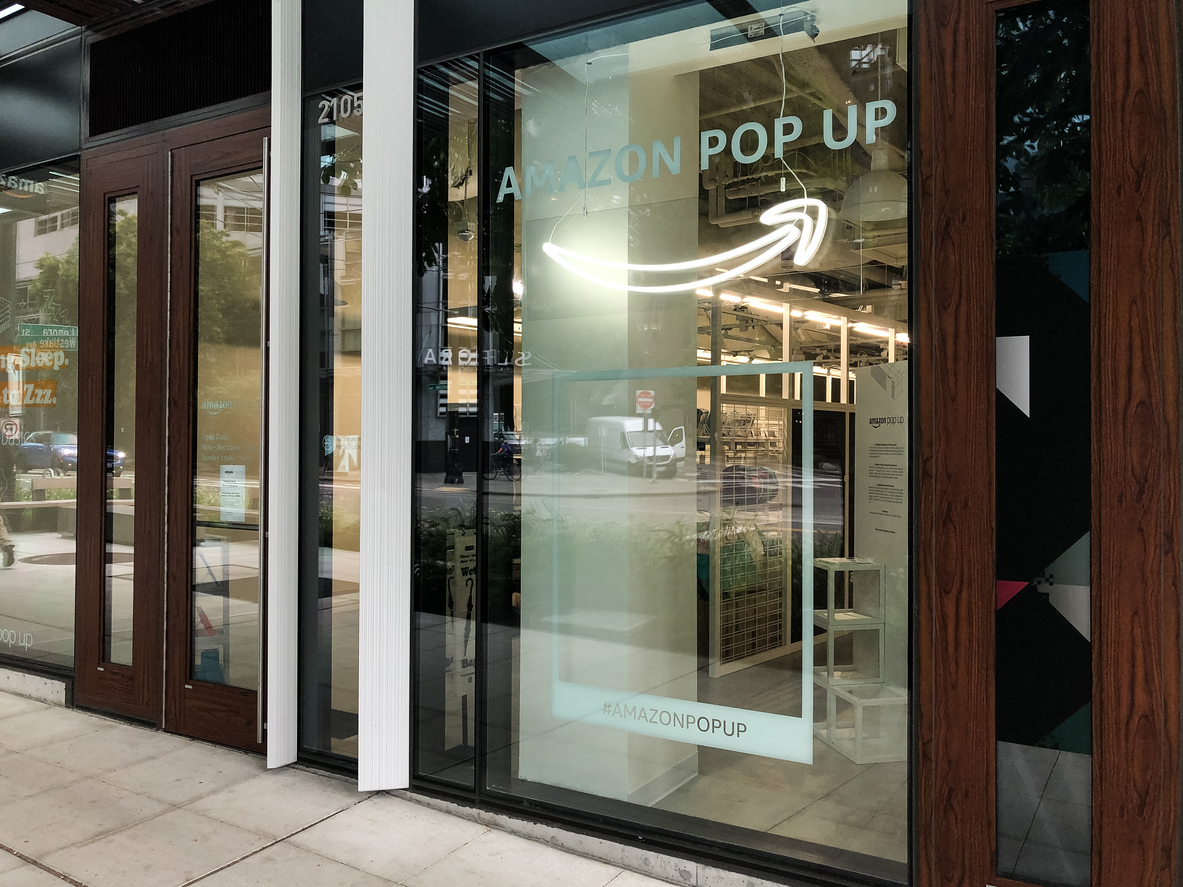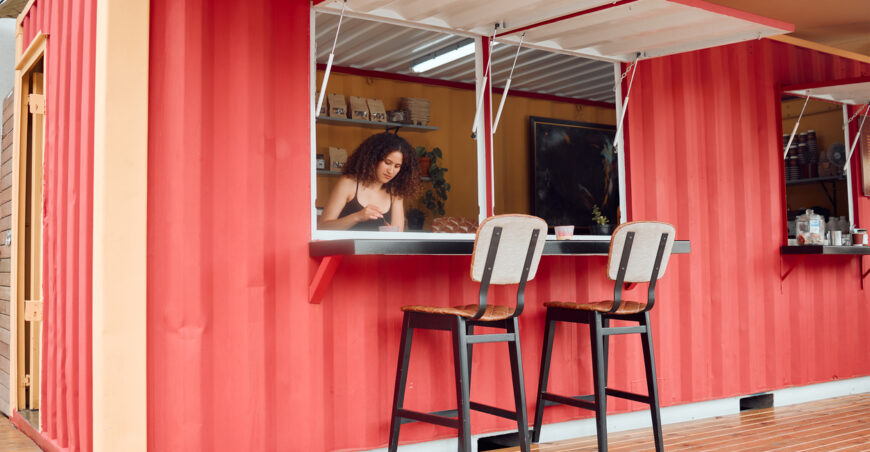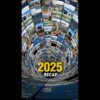In recent years, the retail landscape has witnessed a significant shift with the rise of pop-up stores. These temporary retail spaces, known for their flexibility, short-term leases and ability to create unique shopping experiences, have made a substantial impact on the commercial real estate market. This article explores the rise of pop-up stores, their benefits, and the profound influence they have on retail commercial real estate.
Pop-up stores originated as a way for brands to create a sense of urgency and exclusivity around their products. Initially, they were used primarily by fashion and lifestyle brands to launch new collections, collaborate with artists, or celebrate special events. However, the concept quickly expanded beyond these sectors. Today, pop-up stores can be found in various industries, including technology, food and beverage, and even automotive.
One of the primary drivers behind the popularity of pop-up stores is their ability to offer unique, memorable experiences that traditional brick-and-mortar stores often struggle to provide. Consumers are increasingly seeking personalized and engaging shopping experiences, and pop-up stores deliver just that. By creating a sense of novelty, these temporary spaces attract a diverse range of customers, from curious passersby to dedicated brand enthusiasts.

Benefits for Brands
Pop-up stores offer several advantages for brands, making them an attractive option in the competitive retail landscape. Firstly, they provide a cost-effective way to test new markets and products without the long-term commitment of a traditional lease. This flexibility allows brands to experiment with different locations and formats, helping them gather valuable data on consumer preferences and market dynamics.
Secondly, pop-up stores generate buzz and excitement, driving both foot traffic and online engagement. The limited-time nature of these stores creates a sense of urgency, encouraging customers to visit before the opportunity disappears. This can lead to increased sales, brand awareness, and social media exposure. For emerging brands, pop-up stores serve as a powerful marketing tool, enabling them to reach a wider audience and build a loyal customer base.
Impact on Retail Real Estate
The rise of pop-up stores has brought significant changes to the retail real estate sector. One of the most notable impacts is the transformation of vacant spaces into vibrant retail destinations. Property owners and landlords, facing challenges from e-commerce and changing consumer habits, have embraced pop-up stores as a solution to fill empty storefronts and revitalize shopping districts.
Additionally, the success of pop-up stores has prompted property owners to reimagine the use of their spaces. Some landlords have started offering flexible lease terms and shorter rental agreements to accommodate the needs of pop-up retailers. This shift towards more adaptable leasing arrangements aligns with the evolving nature of retail, where agility and responsiveness are crucial to success.
Challenges and Considerations
While pop-up stores offer numerous benefits, they also present certain challenges for both brands and property owners. One of the primary challenges is the logistical complexity involved in setting up and dismantling these temporary spaces. Brands need to carefully plan and execute the design, merchandising, and marketing of their pop-up stores to ensure a seamless and impactful experience.
For property owners, managing the turnover of pop-up tenants requires efficient coordination and flexibility. Ensuring that spaces are well-maintained, adequately equipped, and compliant with local regulations is essential to attract high-quality pop-up retailers. Moreover, landlords must balance the short-term nature of pop-up stores with the stability and long-term goals of their properties.
The Future of Pop-Up Stores
As the retail landscape continues to evolve, pop-up stores are poised to play an increasingly significant role. Their ability to adapt to changing consumer preferences, create unique experiences, and activate underutilized spaces makes them an asset to the commercial real estate market.
Looking ahead, we can expect to see more innovative and collaborative pop-up concepts. Brands may partner with artists, influencers, and other businesses to create multi-faceted experiences that go beyond traditional retail. Furthermore, advancements in technology, such as augmented reality and virtual reality, may enhance the pop-up store experience, providing customers with even more immersive and interactive shopping journeys.
In conclusion, pop-up stores have revolutionized the retail commercial real estate market by offering retailers a flexible, cost-effective, and dynamic platform to engage with customers. Their impact on increased foot traffic, activation of underutilized spaces, and innovation in store design has been profound. As this trend continues to gain momentum, pop-up stores will undoubtedly shape the future of retail, creating exciting opportunities for both retailers and property owners.
If you are interested in learning more about the commercial real estate market, feel free to reach out to us at ICRE Investment Team anytime. We’d be happy to help supply you with information on any relevant properties or markets, alongside any connections in lending, investing, brokerage service or consulting that you might need!
















